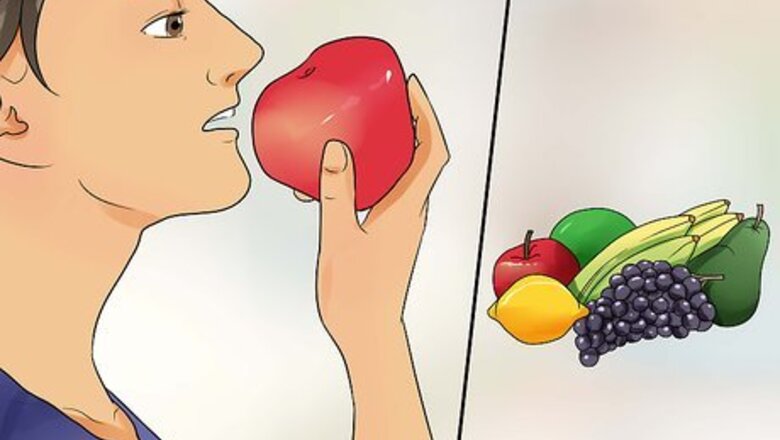
views
X
Research source
[2]
X
Research source
However, there are some strategies you can try to fight bad breath caused by onion and garlic.
Fighting Onion/Garlic Breath With Food
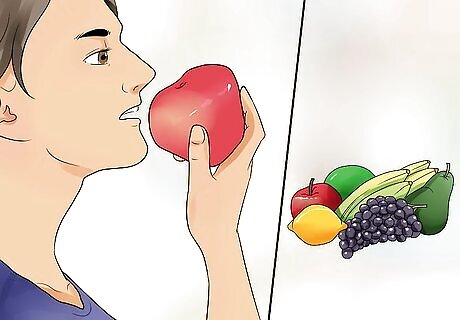
Eat fruits. The same properties that cause oxidation in fruits (turning their skin brown when bitten into) also fight off onion and garlic breath. Particularly effective fruits include apples, pears, plums, peaches, apricots, prunes, grapes, cherries and eggplants.
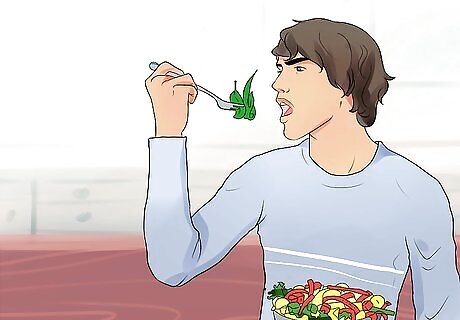
Eat vegetables. Particular vegetables are very effective in fighting the compounds found in onions and garlic, including spinach, lettuce and potatoes. Eat these with an onion- or garlic-heavy meal.
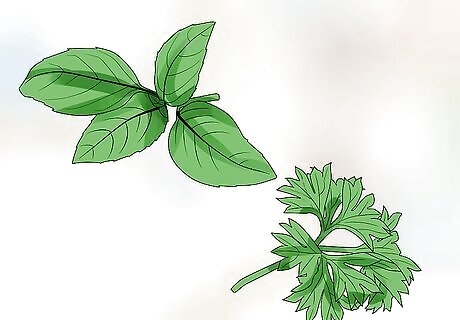
Add herbs to your meal. Basil and parsley, in particular, are two of the more effective herbal antidotes to onion and garlic breath. Add these to your meal, or chew parsley afterward.
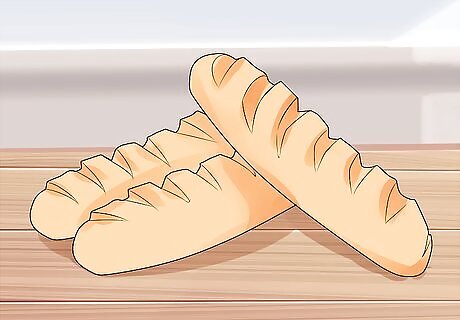
Include bread with your meal. A deficiency in carbohydrates can contribute to bad breath, as well as have other side-effects on your health. Eating bread or other carbohydrate-rich foods will help to combat bad breath.
Fighting Onion/Garlic Breath With Drink
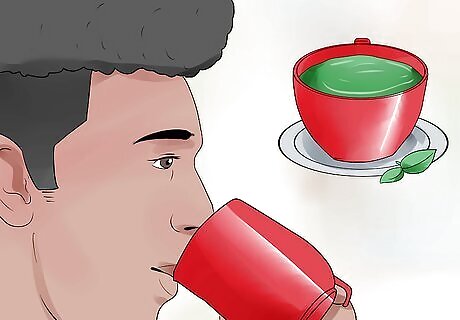
Drink green tea. Green tea contains polyphenols, plant chemicals that help to neutralize the sulphur compounds released in onions and garlic. Antioxidants in green tea are also effective in combating bad breath.
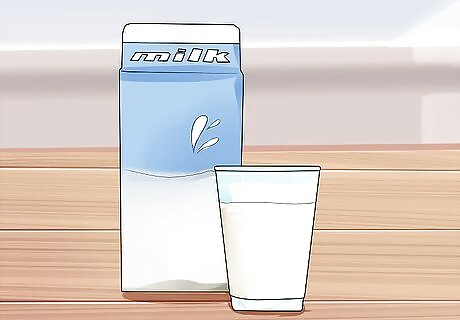
Have a glass of milk. Milk has been shown to be effective in the fight against garlic breath. Whole milk, in particular, reduces the concentration of foul-smelling compounds in your mouth.
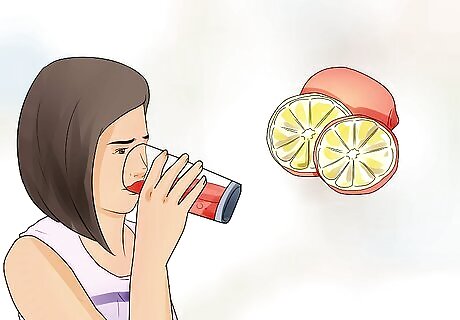
Drink acidic beverages with a ph level below 3.6. Lemon, lime, grapefruit and cranberry juices, as well as many soft drinks, help to fight the odor-producing alliinase enzyme found in onions and garlic.
Reducing Onion/Garlic Breath Before and After a Meal
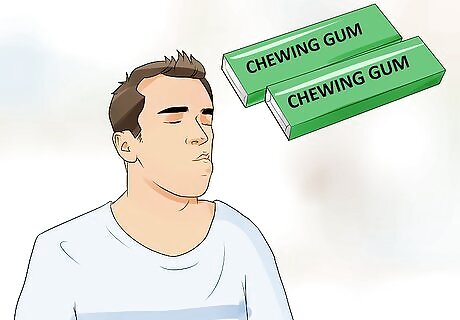
Chew gum. A stick of gum after a meal encourages the production of saliva in the mouth, which fights bad breath. Look for gum with natural essential oils. Spearmint, peppermint and cinnamon oils have been shown to tackle foul-smelling bacteria in the mouth.
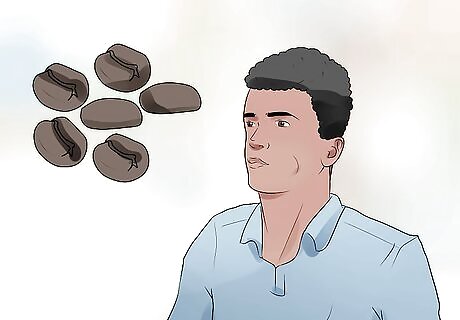
Chew coffee beans. This might be tough to do, but chewing coffee beans and then spitting them out has been known to temper garlic breath. Rubbing coffee beans on your hands (and then washing them) can also help to remove the smell of onion and garlic from your skin.
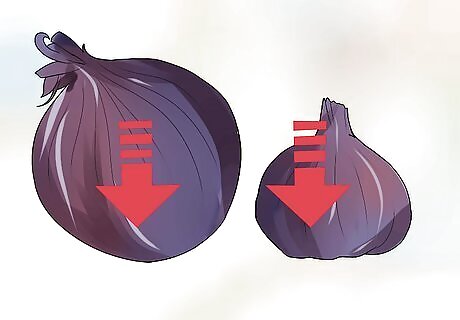
Reduce your consumption of raw and cooked onion/garlic. If other remedies for onion and garlic breath don't seem to work, cutting down on your use of them in meals will prevent bad breath. If you eat garlic for its potential health benefits, you may want to substitute an odorless garlic supplement for raw garlic. Be aware that supplements come in many forms, range significantly in quality, and research into their health benefits and side-effects is ongoing.
Adopting a Hygiene Remedy
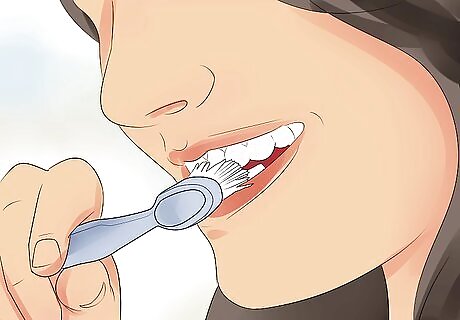
Brush your teeth. Do this at least twice a day, for at least two minutes each session. Invest in a portable toothbrush and toothpaste if you frequently consume garlic or onion.
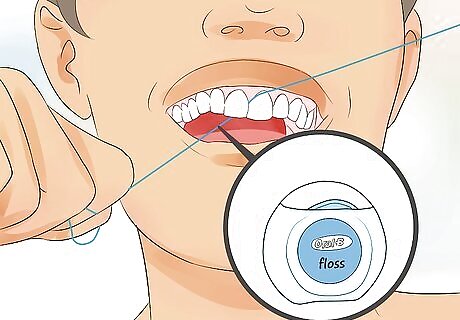
Floss. Brushing on its own only cleans just over half of the surface of your teeth, and thus it is important to floss, as well. You should ideally be doing this after every meal.
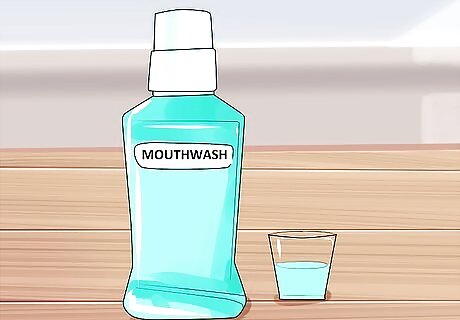
Use mouthwash. An antibacterial mouthwash containing chlorhexidine, hydrogen peroxide, or cetylpyridinium chloride will help to prevent bad breath. Many brands of mouthwash contain alcohol, which can dry out your mouth (a cause of bad breath), so avoid these brands if possible.
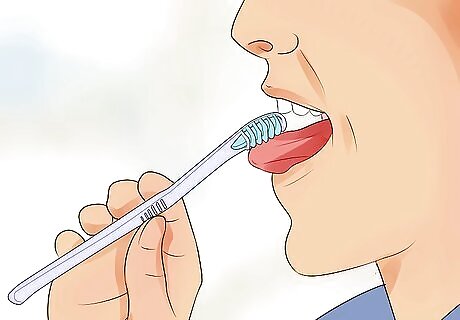
Use a tongue cleaner. The filaments on your tongue trap tiny particles and bacteria; the major proportion of odor-producing bacteria are found on the tongue. Thus, when you brush your teeth, also clean your tongue with a tongue cleaner or toothbrush.
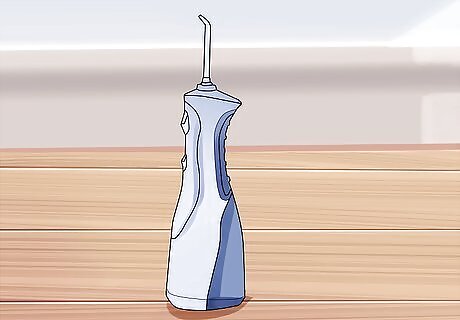
Use a water pick. Using an irrigator or water pick cleans food particles from around and under your gums and between your teeth. If you aren't getting foods out through the methods listed above, they are rotting and festering in your mouth; a water pick will help to remove stubborn food particles.



















Comments
0 comment